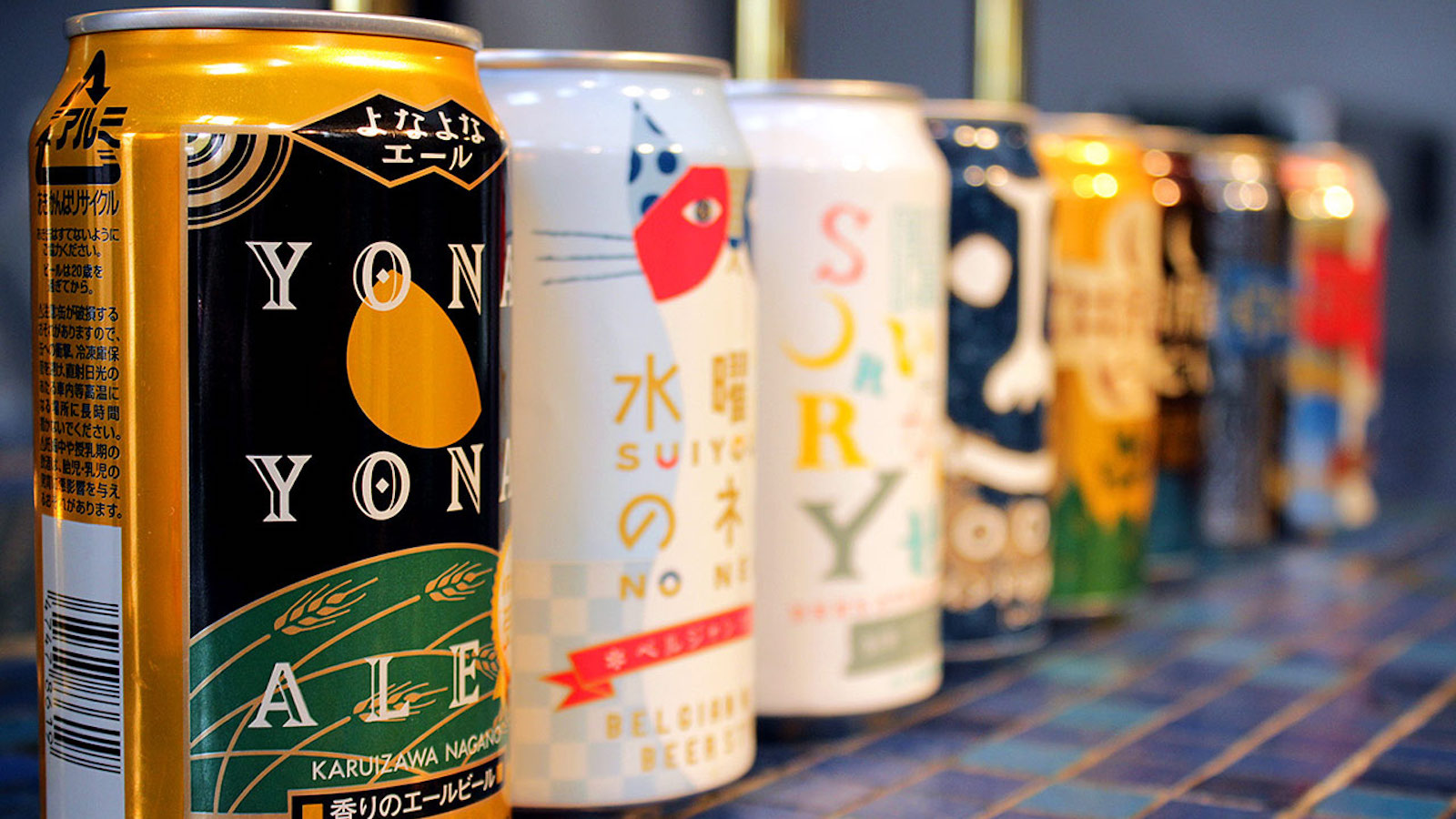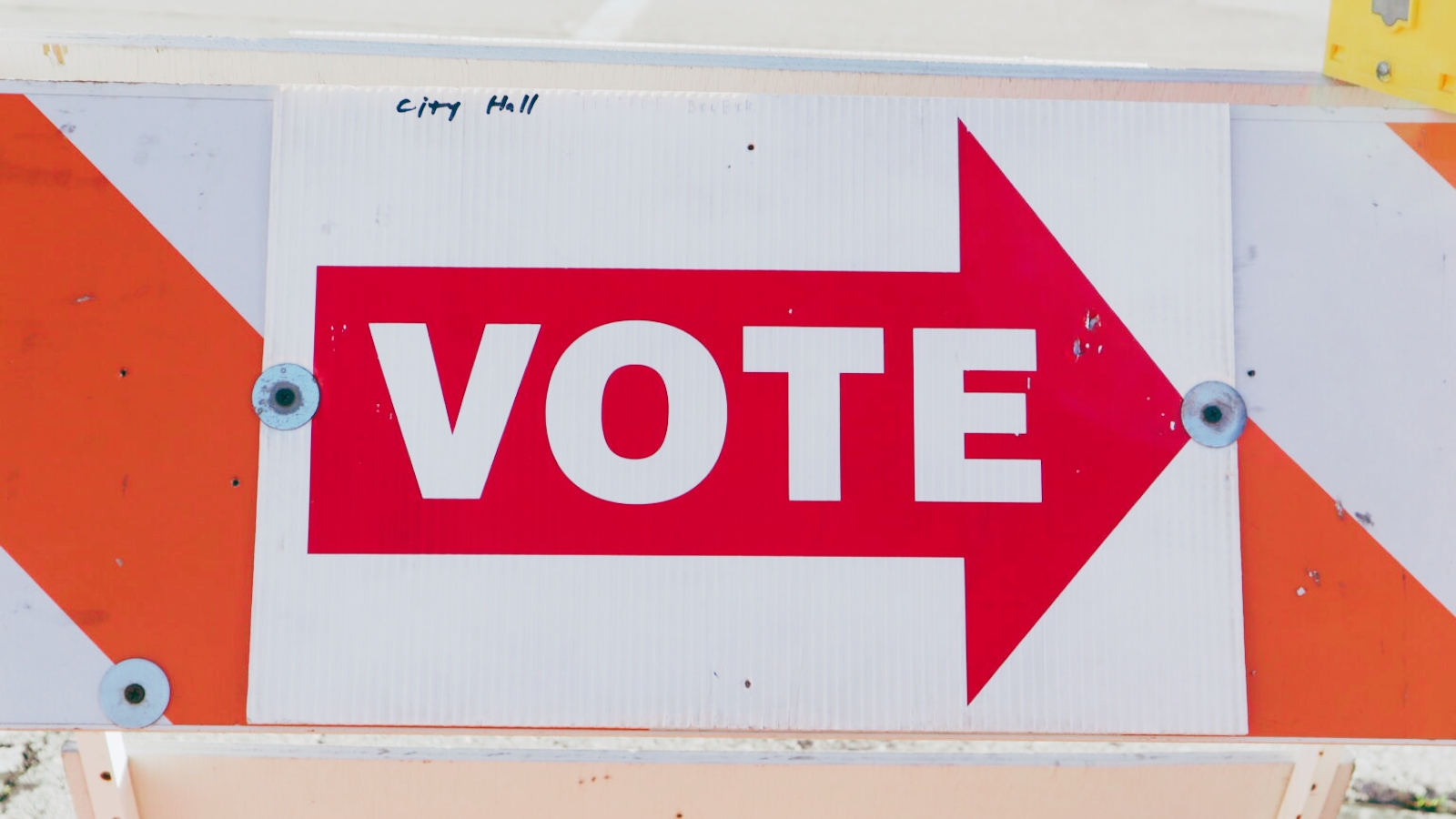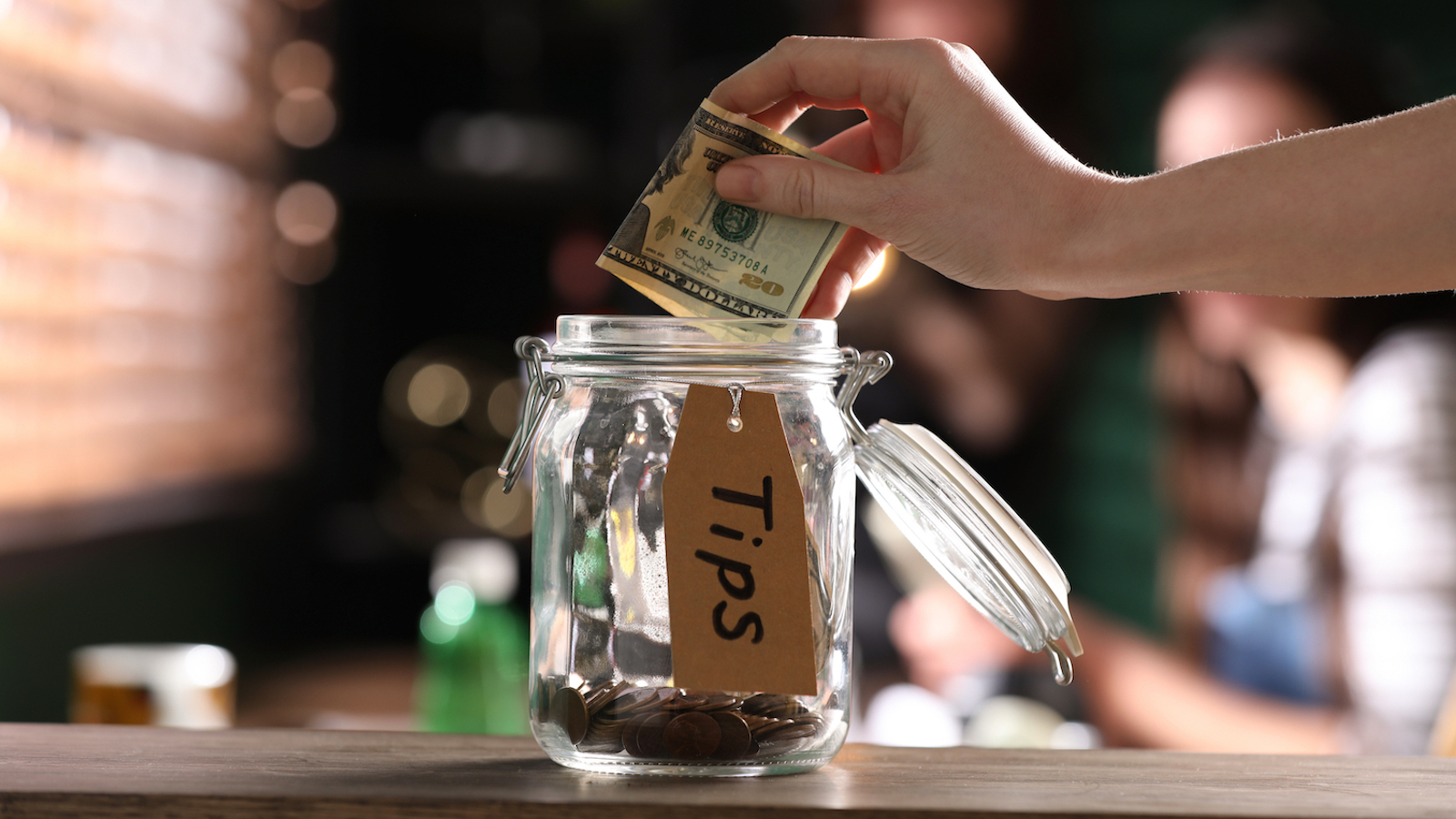
How Government Intervention in Japan Created Lousy Beer
When government gets involved in the economy, crazy things happen. In Japan, exorbitant beer taxes have inconvenienced beer enthusiasts and lead to the creation of low-malt beer-like substitutes called happoshu that are so bad they have no market outside of Japan’s taxation authority. By 2026 the tax rates on beer and beer substitutes will be equal, which will likely mean the end of tax-code inspired beer substitutes. It is a prime example of malinvestment and why beer-lovers should be suspicious of taxes and regulations.
Liquor Taxes in Japan
Japan has a history of taxing alcohol. During the Meiji Era (1868-1912), liquor taxes generated the largest share of national tax revenue. The brewery tax alone constituted over a third of national tax revenue at its peak. Today, taxes on alcohol make up about 2 percent of national tax revenues.
To give you an idea of how expensive even non-craft beer is, at the supermarket near my apartment, a can of your standard pilsner beer costs ¥214 (about $2). The beer tax (¥77) and the consumption tax (¥19) make up ¥96 or about $0.90 of the total cost. When the beer tax revision comes into full effect in 2026 the government will still be stealing ¥54 per can in beer taxes.
Japan’s Beer Industry
Beer made its first commercial appearance in Japan in 1853 followed by a government-managed brewery appearing in 1876, according to the Brewers Association of Japan. The government then created a beer specific alcohol tax in 1901 and imposed a regulation that required minimum production quotas to be a legal brewery, making it difficult for new entries into the market. With government regulations protecting them, Japan’s four major beer breweries coordinated prices and worked like cartels for much of the 20th century. By the late 1980s however, imported beer undercut the artificially high oligopoly prices; a great example of how free markets naturally topple uncompetitive cartels. However, both domestic and imported beer are subject to the beer tax, which lead Japanese brewers to look at the reduced tax rates for lower-malt beers.
According to a USDA report, in response to increased competition from imported beer, “[In] 1994 Sapporo Breweries developed happoshu, a lower-malt beer which they were able to sell at reduced prices because of its lower tax assessment. The success of happoshu prompted other major brewers to produce their own brands. Since then beer imports have slowly decreased as Japanese firms regain market share.”
When taxes on low-malt happoshu beer were later raised, Japanese brewers created yet another substitute, this one called New Genre beer, a beer-flavored beverage with even less malt than happoshu that falls into a lower tax rate. Trust me, New Genre beer tastes as bad as you might think and is even worse than happoshu beer.
In 2017 Japan revised its national liquor tax, making the tax rate on beer, happoshu, and New Genre beer the same by 2026 in three phases. The beer substitutes were created to take advantage of a lower tax rate, not because they were objectively valued as better by consumers. So, 2026 will likely see the end of market demand for happoshu and New Genre beer as it will face the same tax rate as traditional beer. The company president of Suntory Beer expressed concern about this, because all the investments Suntory made in developing their relatively successful New Genre beer, kin mugi, will have been wasted as they don’t expect market demand for it once it is priced the same as regular beer.
This is a perfect example of how government intervention creates malinvestment and destroys value. Imagine all the money malinvested into developing, creating, and marketing happoshu and New Genre beer. If it weren’t for the arbitrary tax levels on beer, those investments would have been utilized in other more productive activities. Aside from financial waste, consumers lost the enjoyment they would have obtained by drinking beer when they settled for low-malt beer because of the artificially higher cost. Consider the value lost by an entire country of individuals settling for not-so-good-tasting beer alternatives over the past 30 years.
To quote Bastiat, “this is what is not seen” when government meddles in the economy. Government should completely withdraw from regulating and taxing beer so that people are free to enjoy the beer they like and breweries can freely compete, innovate, and succeed on their own accord.
Free the People publishes opinion-based articles from contributing writers. The opinions and ideas expressed do not always reflect the opinions and ideas that Free the People endorses. We believe in free speech, and in providing a platform for open dialogue. Feel free to leave a comment.



